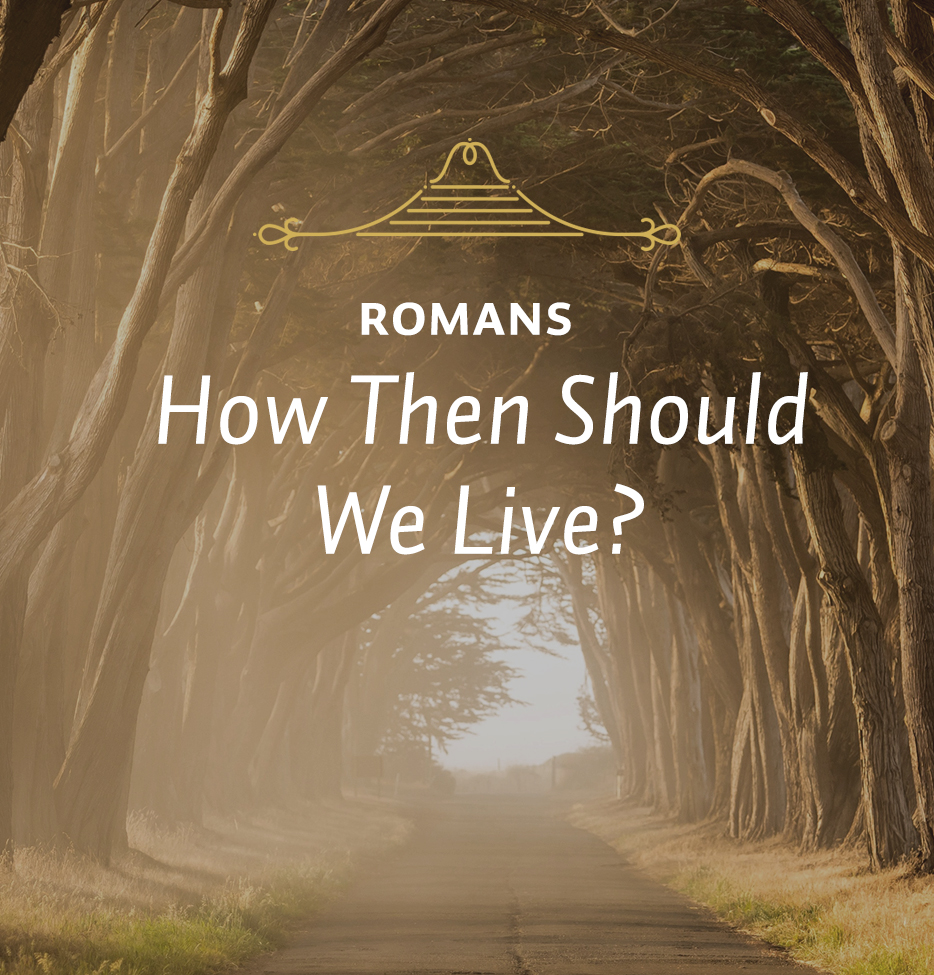Today we begin with the other two areas of our outline of the remaining chapters of Paul’s letter to the Romans.
Paul’s personal ministry and plans (15:14-33). Having discussed the believer’s personal liberty, Paul drops his ethical counsel and writes of his future plans. In these verses he picks up on matters he introduced at the start of the letter, explaining that he wants to come to Rome, why he has been hindered in coming earlier and what he hopes to receive from the Romans when he does get to them.
Final greetings (16:1-27). The last chapter of the book is often overlooked as little more than a list of names. But it is more important than that. The names in this chapter reveal much about the churches in Rome and Corinth and show how involved Paul was with the individuals who made up these early Christian communities. They show that Paul himself practiced the concern for others that he has been urging in these chapters.
As we plunge into the great forest of these remaining chapters we shall be looking very closely at the trees. But this week we have been doing something equally valuable. We have been looking at the forest, and the bottom line of our study is that truth is a whole. Since we are talking about God’s saving work for us, this means that everything God has done for us in salvation has bearing on everything we should do, in all of life. We must be different people because God has saved us from our sins.
And Christians are. A number of years ago the Gallup Poll organization devised a scale to sort out those for whom religion seemed to be important and find out if it made any difference in their lives. America claims to be a very religious country, but the nation is increasingly immoral. Gallup wanted to know if serious religion made a difference for those who considered themselves to be “highly spiritually motivated” or committed.
He found that 12.5 percent of Americans are in this “upper” category, one person in eight. And he found that they really are different, so much so that he called them “a breed apart.” He found that these people differed from the rest of the population in at least four key areas.
1. They are more satisfied with their lot in life. They are happier. Sixty-eight percent say they are “very happy” as compared with only 30 percent of those who are uncommitted.
2. Their families are stronger. The divorce rate among this group is far lower than among the less committed.
3. They tend to be more tolerant of persons of different races and religions.This is exactly opposite from what the media suggest when dealing with religion or religious leaders.
4. They are more involved in charitable activities than are their counterparts.A total of 46 percent of the highly spiritually committed say they are presently working among the poor, the infirm and the elderly, compared to only 36 percent among the moderately committed, 28 percent among the moderately uncommitted, and 22 percent among the highly uncommitted.1
True conversion makes a difference in a person’s life. If there are no differences, there is no genuine conversion. But what are the differences? They are precisely those that are spelled out in the remaining chapters of this letter. Laws in themselves change nothing, or at least very little. It is changed people who change everything. And the only thing that ever really changes people is God Himself through the Gospel of our Lord Jesus Christ. If you have been called to faith in Jesus Christ, you are part of a radically changed community, the new humanity. It is your privilege to begin to make changes in our world.
1George Gallup, Jr, “Is America’s Faith for Real?” Princeton Theological Seminary Alumni News, vol. 22, no. 4, Summer 1982, 15-17.






